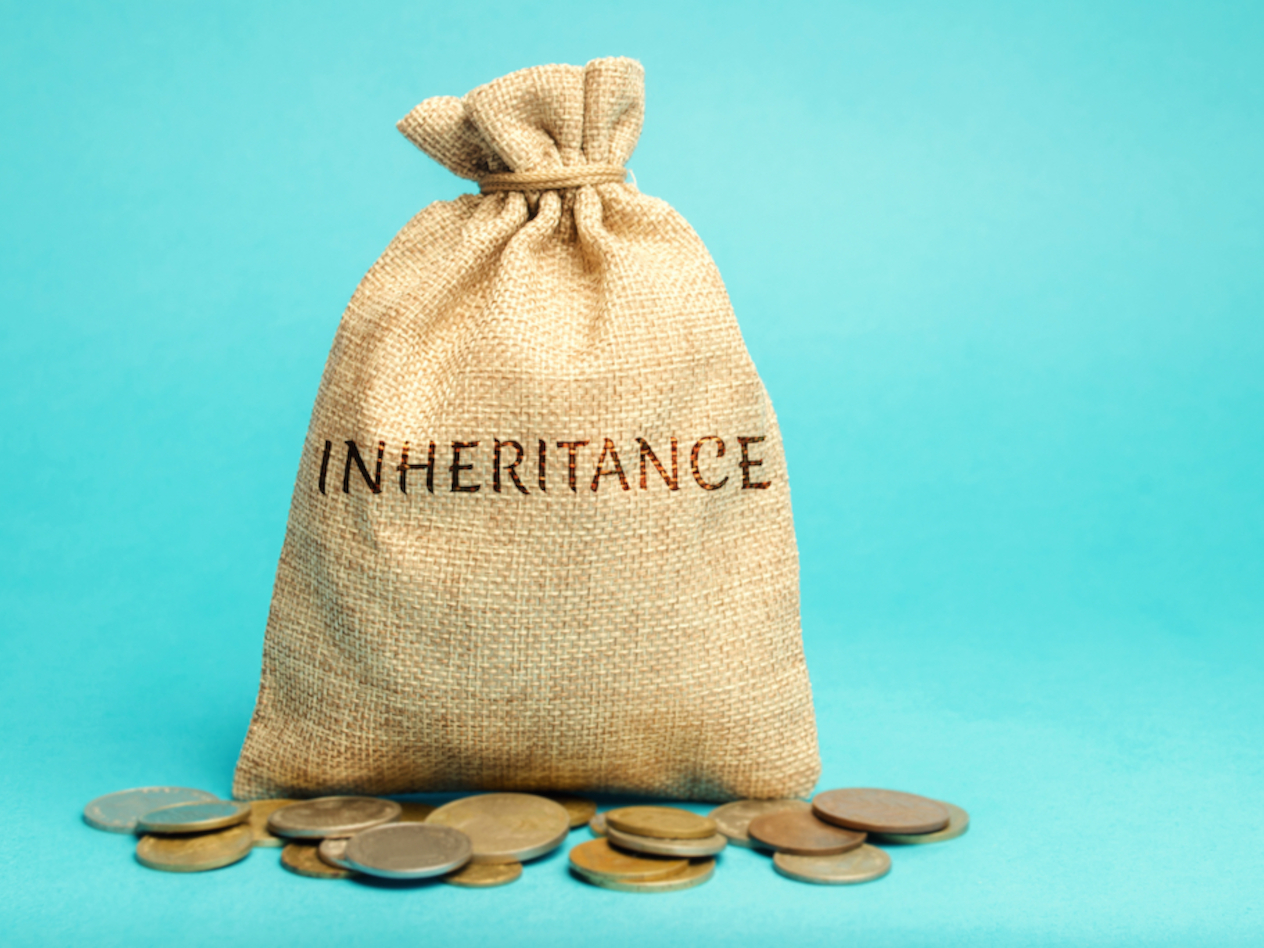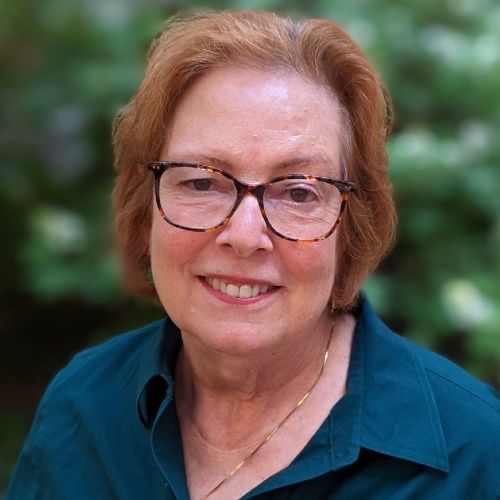Unequal inheritances on the rise as families change
- August 10, 2023
- By Jill Young Miller
- 3 minute read

With divorces, remarriages, living together and childbearing outside of marriage, American families have experienced massive changes in the past 30 years.
The changes are hitting their kids in the wallet, to the advantage of some and disadvantage of others. More than one-third of parents with wills plan to divide their estates unequally among their children, according to the paper “Unequal Bequests,” newly published in the European Economic Review.
The research also discovered that a staggering number of older Americans don’t have a will. Thirty percent of people 70 and older don’t.
Plans for unequal inheritances are concentrated in “weak relationships.” Those are defined as families with stepchildren and families with genetic children with little or no contact with their parents.
Stepparents and parents with no contact with their kids may be less motivated than parents in traditional families to provide resources to children with whom they don’t share genes or haven’t shared homes, said Robert Pollak, Hernreich Distinguished Professor of Economics, and his coauthors.
Children in weak relationships also may be less willing than children in traditional families to assist disabled older parents, especially those with whom they have no genetic connection or only briefly shared a home, according to the paper.
Children of cohabiting couples who break up and repartner are substantially more likely than other children to have weak relationships with adults.
‘Much more unequal’
“We have shown that bequests are much more unequal now than in the recent past and much more unequal than generally recognized,” Pollak said.
In simple families (families without stepchildren or no-contact children), equal bequests are the dominant pattern. In other families, however, the research found substantial inequality in bequest intentions and final dispositions.
The research used a large and nationally representative US sample from the Health and Retirement Study (HRS) from 1995–2014. The HRS is a survey of more than 24,000 Americans over 50 who are interviewed every two years. If a respondent has a spouse or partner, the spouse or partner is invited to become an HRS respondent.
Economic theory on end-of-life transfers assumes that individuals, or at least older ones, make wills, Pollak said.
“We find, instead, that parents often fail to write wills and, either by design or by default, rely on intestacy law to determine the distribution of their estates.”
When people die without a valid will, their property passes by “intestate succession” to heirs according to state law. In other words, if you don’t have a will, the state will make one for you.
“One important question, which we cannot answer in this paper, is why so many individuals do not write wills.”
Robert Pollak
For parents with stepchildren, relying on intestacy law means leaving everything to genetic and legally-adopted children and nothing to stepchildren. For no-contact parents, the effect is to treat contact and no-contact genetic children equally.
‘Puzzling’
“If parents understand the most basic provisions of the intestacy default, this finding is puzzling,” the authors write.
“It implies that parents who have had no contact with some of their genetic children are more likely to treat all of their genetic children equally than are parents who have maintained contact with all of their genetic children.”
The probability of having a will increases with age. But of the HRS respondents who died between 1995 and 2012, nearly 40 percent died intestate.
Weak relationships
A distinguishing feature of the research is its focus on “weak relationships.” Think of parents with stepchildren and parents with genetic children with whom they have limited or no contact.
The proportion of parents ages 50 and over with more than one child who reported having wills in which they treated their children unequally increased steadily between 1995 and 2014, from around 27% to more than 36%.
Parents with high school or lower educations are about 13% more likely not to have wills than parents with college degrees or higher (47 versus 34%, respectively). The differences by race are larger: Three-quarters of Black and Hispanic parents don’t have a will. About one-third of their white non-Hispanic counterparts don’t.
Standard economic models ignore weak relationships, Pollak said. The assumption is that all children are born to a married couple who remain married to each other. When one spouse dies, the surviving spouse is assumed not to remarry.
“By ignoring divorce, re-partnering or remarriage, economic models fail to recognize the increased complexity of the family,” he said.
Marco Francesconi, of the University of Essex, in the UK, and Domenico Tabasso, of the World Bank-UNHCR Joint Data Center on Forced Displacement in Denmark, were Pollak’s coauthors.
Media inquiries
For assistance with media inquiries and to find faculty experts, please contact Washington University Marketing & Communications.
Monday–Friday, 8:30 to 5 p.m.
Sara Savat
Senior News Director, Business and Social Sciences
